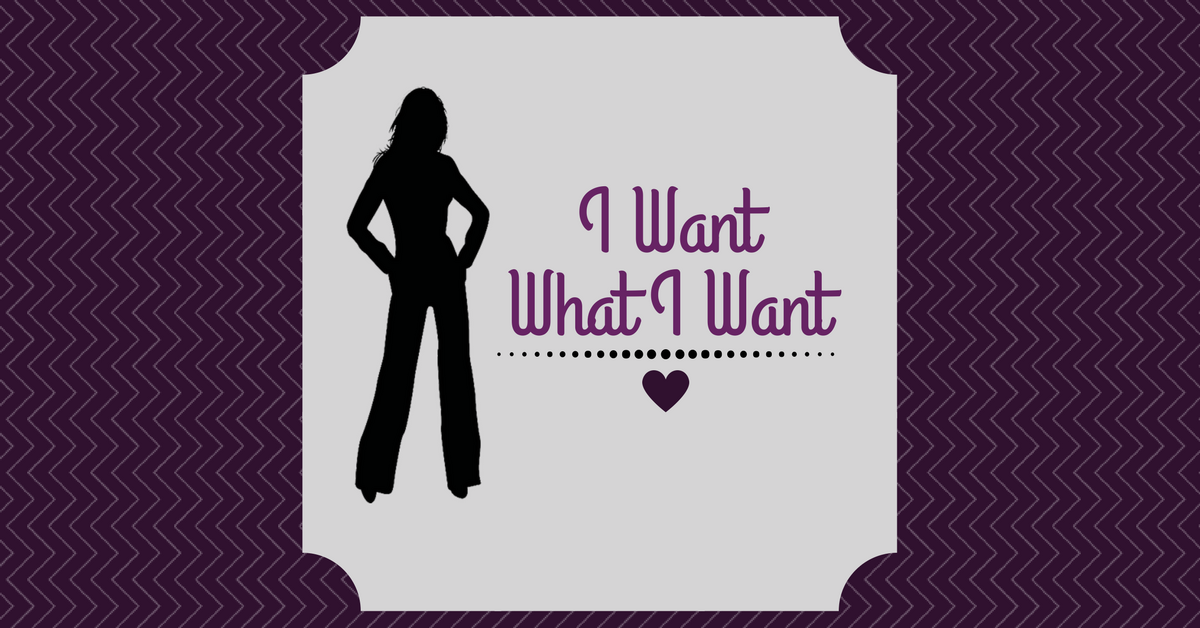Have you ever wanted something so badly you were determined to do anything to get it? Have you twisted yourself (and others) into pretzel shapes in order to achieve specific goals? Do you wonder whether an abundance of obstacles is the Universe's way of telling you to take another path, or a message to try that much harder? I've done it both ways: trying—and often getting—my way through sheer force of will; and also letting the flow of life take me where it will and accepting reality the way it shows up. The second path is almost always better. I don't always get what I thought I wanted, but I've learned that doing it the hard way is rarely the right way. Too bad it took me so long to figure that out. Why am I thinking about all the times I've taken the bull by the horns and held on like my life depended on it? Because I've just finished Shadow's End, by Thea Harrison, and I recognized this aspect of myself in Graydon, the protagonist of the latest in the Elder Races series (one of my all-time favorites, as you know). His plight and actions caused me to reflect on my own experiences, as my beloved books so often do. Graydon lived his impossibly long life throwing his will all over the place. And in the end, he got what he wanted, but at a price he almost certainly wouldn't have paid if he'd known the cost in advance.
That's the thing about throwing our will around. We can do it. And if we're persistent, and we stay the course, as Graydon did to earn the right to be with his love, Bel, we can often get what we want, as he does. And it's good to get what we want. The mate, the job, the kids, the stuff—don't forget the stuff. It's all good. And we want it all. Or at least I did.
But sometimes I wonder what would have happened if I'd lived my life by following it as it unfolded, rather than pushing the water ahead of me and striving to make it flow upstream. What if I trusted the Universe to provide for me—not just sitting on my ass and waiting to be handed a life, but to embrace the life I was given, rather than pursuing the one I had to have? I’m not at all sure what such a life would have looked like. But a few things are clear—if I'd done that, I almost certainly wouldn't have had biological children. We had to work for years, with a lot of help from medical professionals, to conceive. Finally, we circumvented nature and I gave birth to two beautiful boys who I love beyond measure or reason. But the cost exceeded my wildest expectations. And I can't say that knowing the price ahead of time, I could have agreed to it in good conscience. Just like Graydon.
In another example, I fought for years against the increasing cacophony of my inner guidance telling me it was time to leave the national security field. Why didn’t I listen to the Universe and work toward a goal guided by my inner self? Because I wanted the fulfillment, the ego satisfaction, the excitement and the exclusivity of the job. So I stayed. Knowing that if I were in flow with the current of my life, I would have recognized the end of that season when it occurred. Instead I left years after the fact, when my resources were spent and I was forced to spend precious time in recovery rather than engaging in activities that helped me to grow and thrive.
As I look back, there are so many examples where I dictated rather than received. When I talked incessantly, telling the Universe what I wanted rather than asking what I was being called to learn and to do. Just like Graydon, who spends two hundred years stalking his prey to try to ensure the outcome he wants. And there is something to be said for this kind of behavior; it often results in our getting what we want. But another thing I’ve learned recently is that I haven’t always been in touch with what I truly want, because I didn’t know who I truly was, as I’ve written about here. This realization has been a recurring theme lately, and it's infused much of my recent writing. But that's OK. All of us process lessons differently, and this is my way. So now I look—actively—to see where I'm tempted to throw my will around, and I work to refrain from doing so. I work hard to not work so hard. Ironic, huh? Because it's so much easier and more pleasant to see where life takes me, and to walk through doors that are already open, rather than bashing them in with the force of my will, despite my considerable door-bashing skills, honed over a lifetime of throwing my shoulders into the activity. As I Look back at those disparate doors, the ones I beat down with my will and those that beckoned me through, I'm wondering if I've been focusing on the wrong skills all these years. One skill I want to cultivate now, courtesy of Shadow’s End, is to accept that I did the best I could with the information I had, and to accept the costs of my actions and decisions. To do less is to discount or negate the price I paid, which would be the ultimate waste. So, like Graydon, I will live my life and learn my lessons as a way to honor my past and move toward my future.



















